
PC AUDIO 115
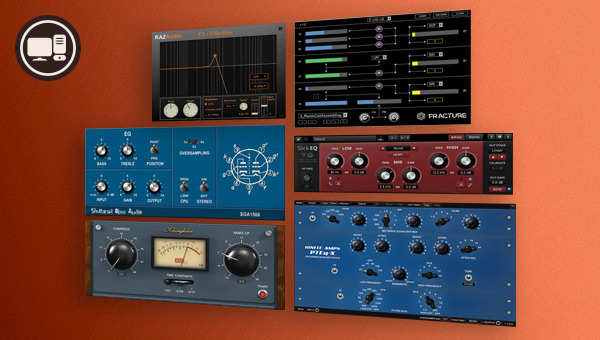
Money tight? Why not explore some of the best PC freeware plug-ins around.
Column: Martin Walker
It never ceases to amaze me just how many really useful and high quality freeware audio plug-ins are out there for PC owners. It’s about time I honed in on some of the best around. Most of these are fairly new releases that rapidly caught my eye, but I’ve also thrown in a few oldies but goodies. If you’ve missed them thus far then you need to explore their excellence for yourself.
IGNITE AMPS
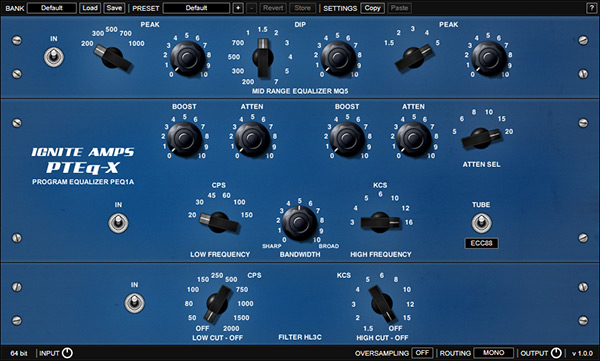
Ignite Amps builds custom guitar amps and effects to order, but also provides an accurate real time virtual simulation of them before building the real hardware! With this core business in mind, it also offers a range of freeware virtual guitar amp plug-ins, which have a great reputation with guitarists. However, what recently drew me to its website was the PTEq-X, a surprisingly comprehensive Pulteq-style EQ plug-in, released only recently. Unlike some of the Pultec freebies out there, this one performs the simultaneous low-end boost/attenuation trick correctly, giving you that handy EQ curve that can be so useful for kick drums and other bass instruments. The model performs similar magic when adding air with its high shelf option. It also includes an extremely comprehensive MQ5 mid-range section offering two peaks and one dip option over a wide choice of frequencies, a third HL3C section containing low cut and high cut filters, and even a choice of options that model the subtle second/third harmonic effects of four different ECC tubes!
TDR VOS SLICK EQ
www.tokyodawn.net/tdr-vos-slickeq

Another very clever business model is employed by Tokyo Dawn Records: its small range of boutique plug-ins available both as very capable free versions and tantalisingly more upmarket Gentleman’s Editions, which contain lots more features. I use its VOS Slick EQ a lot in my own mixes. Its three band semi-parametric design offers four distinct modes (American, British, German, Soviet), each with different shapes for its shelving/peaking low and high bands and the boost/cut curves of its mid band, plus a handy high-pass filter for removing subsonic mud. There’s also a musical EQ Sat harmonic contribution affecting EQ boosts, and a separate output stage offering three optional saturation modes with variable drive to add further analogue ‘mojo’. A particularly useful feature is the Auto-gain mode that preserves subjective loudness as you alter the EQ curve.
I was so impressed with this plug-in that I upgraded to its €30 Gentleman’s Edition. It adds a further Japanese EQ flavour, more versatile high-pass filter, a new low-pass filter, several more output stage options, very handy tilt filter and a spectrum analyser displaying the current EQ curve and its real-time audio response. Wunderbar!
RAZ AUDIO F1 FILTERBOX
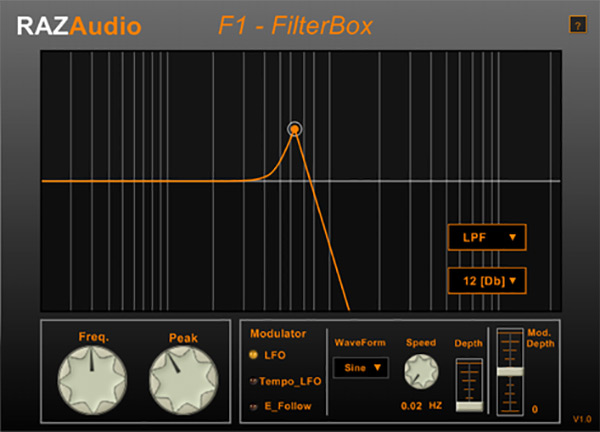
A new name to me, Raz Audio only produces its free plug-ins in Windows 32-bit format — though they work fine for me inside 64-bit Reaper using its built-in bridge, and in other applications using jBridge. Its latest March 2016 offering is F1 FilterBox: a multimode filter with low, high and band pass options in both 12dB and 24dB/octave formats, with frequency and resonance modulated via an integrated LFO (either free-running or tempo-synced to your DAW), or driven by an envelope follower. These three modulator modes can also be run in parallel for more complex results, and the F1 Filterbox X/Y pad display of freq/resonance and other controls are easily automate-able from your DAW. F1 FilterBox is an easy to use and versatile effect for those with electro tendencies, although it would benefit from input and output level controls to more easily avoid overloads at high resonance settings.
GLITCH MACHINES FRACTURE
glitchmachines.com/downloads/fracture
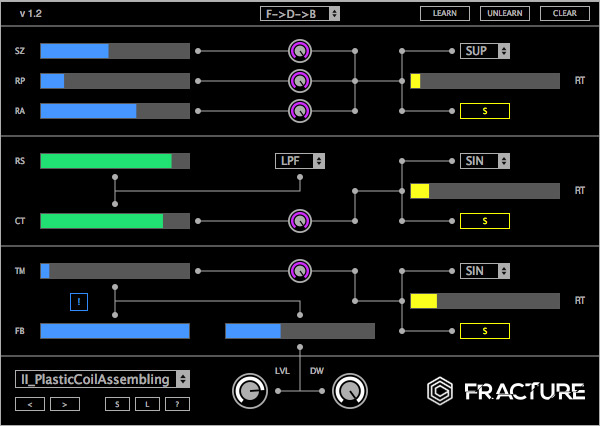
If you want to morph your sounds in more radical directions, I can certainly recommend this classic. Featuring a buffer effect, along with a multimode filter, three LFOs and a delay, this really does live up to its claims of creating ‘robotic artefacts and abstract musical malfunctions’. Essentially it records a small portion of your input signal and loops this a number of times before starting again, but under the long-term control of an LFO (tempo-sync is once again a handy option). The multi-mode filter and delay modules provide LFO modulation of their parameters, and you can re-order all three modules in search of different sonic results. Fracture is now up to version 1.2 and with over 100 presets from famous sound designers to get you started this creative powerhouse will truly warp your incoming audio in fresh and often jaw-dropping ways. Even if you input a steady sine wave signal and hit the random button you’ll be amazed at many of the sounds that emerge!
SGA1566 VINTAGE TUBE PRE
www.shatteredglassaudio.com/product.php?id=104
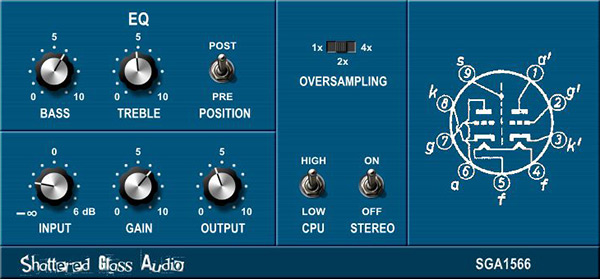
Apparently this two-stage 12AX7 tube design is simulated in real time using a high performance circuit simulator, with a two-band Baxandall-style EQ stage that can be placed at either end of the tube circuitry. The results range from added warmth and overdrive, to out and out saturation. While I found you do need to switch to its higher oversampling and CPU settings to get best results, it’s a great way to add some character and dirt to your tracks. One favourite setting of mine was to use lower gain settings combined with high output levels, delivering some lovely second harmonic distortion along with some extra warmth and snap from the plug-in’s Baxandall EQ. SGA has now released a MkII version with various enhancements for just US$29.99, but the original remains freeware.
KLANGHELM MJUCJR
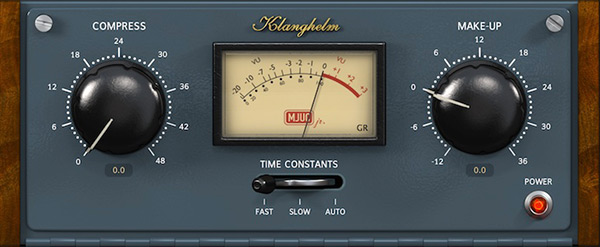
MCUCjr is a colourful variable-mu compressor with real character yet easy to use controls. It’s a junior version of the fully-featured MJUC, which spent two years in R&D yet retails at a remarkably low €24. Junior has just two main controls in charge of compression and make-up gain, along with a three-way switch for fast, slow or auto timing; while setup is made easy via the large gain reduction meter. Notwithstanding, once you listen to the results you’ll realise there’s actually a lot going on under the hood, with two tube gain stages and an interstage transformer simulation with variable slew rate. Results range from the natural, dense compression of early vari-mu designs to a more forward-sounding output associated with 1960s models; with plenty of desirable harmonic contributions. I loved this compressor’s attitude; from its punch and snap on drum loops, to the pumping at more extreme settings.




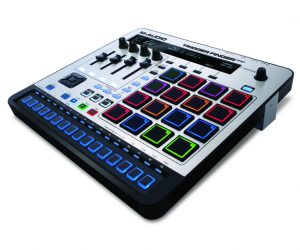
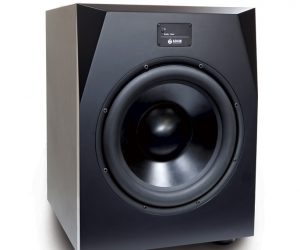

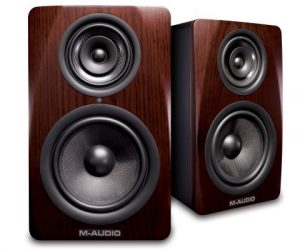
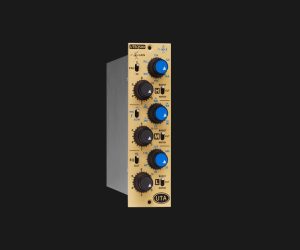


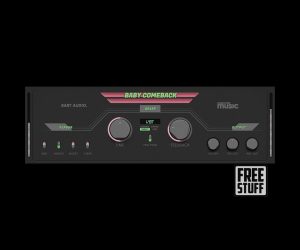




RESPONSES